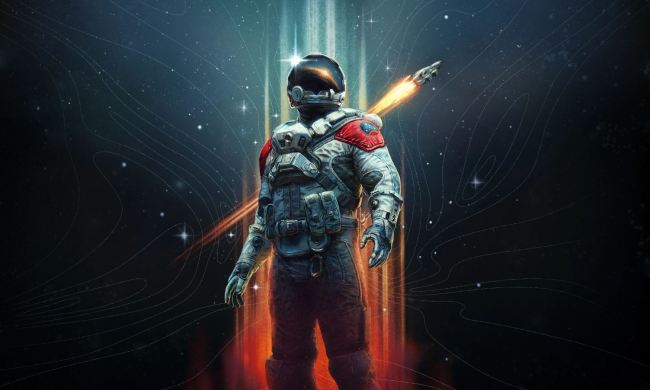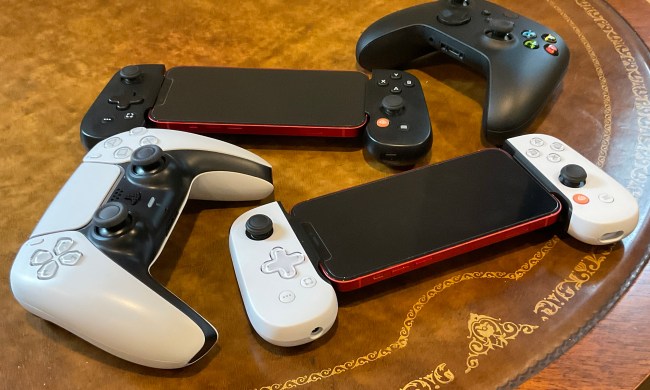The other shoe dropped on Thursday — the one we’ve been expecting for a while: Amazon is jumping into the game streaming business . And it could quickly become a major player.
What does the announcement mean for players, though? Ultimately, it could be a very good thing.
Amazon has one of the biggest cloud servers around — one utilized by Netflix and other big streaming services — so gamers won’t have to worry about stuttering or stalls.
That’s potentially bad news for Microsoft, which seemed poised to own game streaming with xCloud’s integration into Game Pass. Google’s Stadia has yet to capture a significant audience and doesn’t have much momentum at present. Luna is also reportedly much easier for developers to work with than Stadia .
Meanwhile, Sony has not shown a clear long-term road map for cloud gaming so far.
Rather than jumping in with a stated intention to own the industry, Amazon’s starting small. Luna is downplaying the latest and greatest games and instead giving players access to a catalog of older games for $6 a month. That lets it work out bugs without ruining a highly anticipated title. And by the time more players are thinking of exploring Luna, it should be ready to stand up to the scrutiny of core gamers.
But even in the short-term, Luna appears to have some notable upsides.
Connections
Amazon, like Google, is working on its own internal games, but those likely won’t be ready for a year or three. But as the world’s largest retailer, Amazon has the ear of every major game publisher. That could help secure limited-time exclusives (vs. xCloud and Stadia – publishers are unlikely to make any game a Luna exclusive anytime soon). It also could ensure a wider catalog of games than Stadia.
Twitch
Integrating Luna into the Twitch community was a no-brainer, but using it as a discovery engine could drive customers just as strongly as Game Pass will bring them to xCloud. Twitch is also home to some of the industry’s biggest influencers, such as Ninja , who will undoubtedly be tapped to promote Luna and its games. That’s awareness a marketing budget can’t pay for. And, for players, it’s a chance to see what the service can really do before they commit to a subscription.
True cross-compatibility
Amazon’s casting a wide net with Luna. The service will, of course, be available on all Amazon Fire TV devices, as well as PC and Mac. And it’s planning apps for the iPhone and iPad, areas neither xCloud nor Stadia have yet ventured. An Android version is forthcoming.
That widespread availability will showcase the flexibility of cloud gaming — and could accelerate its adoption by players.
Amazon Prime
This is the powder Amazon is keeping dry. The company regularly expands Amazon Prime benefits to lure more people to its loyalty program, and Luna, especially in its test period, could be a tempting piece of bait. (Similarly, it could tie in with Twitch Prime — or some future combined program.) How, if at all, Luna will factor into this year’s Prime Day is, of course, unclear, but it’s worth watching.
Amazon didn’t make this move abruptly. The company has been quietly amassing gaming talent for years, including several former Take-Two employees. It has been a sleeping giant that many console manufacturers have been wary of waking.
Now that nap is over. For players, it means another option that expands flexibility and could have an impact on pricing. For the game industry, it’s another step into a new world — where the rules and rulers — have not yet been written.
Competition
There’s an old business cliche: A rising tide lifts all boats. Put another way: The more services that are bringing new people to the industry, the better.
Amazon’s entry in the market will make gaming a more competitive industry — and that could, ultimately, help save consumers money. Google, Amazon, and Microsoft will all aggressively court gamers to their cloud services over the next few years. They’ll be willing to take losses in hopes of buying customer loyalty. The next generation of games will be more expensive than the last one, so anything that can potentially cut into that pricing model is likely to be welcomed by players.



